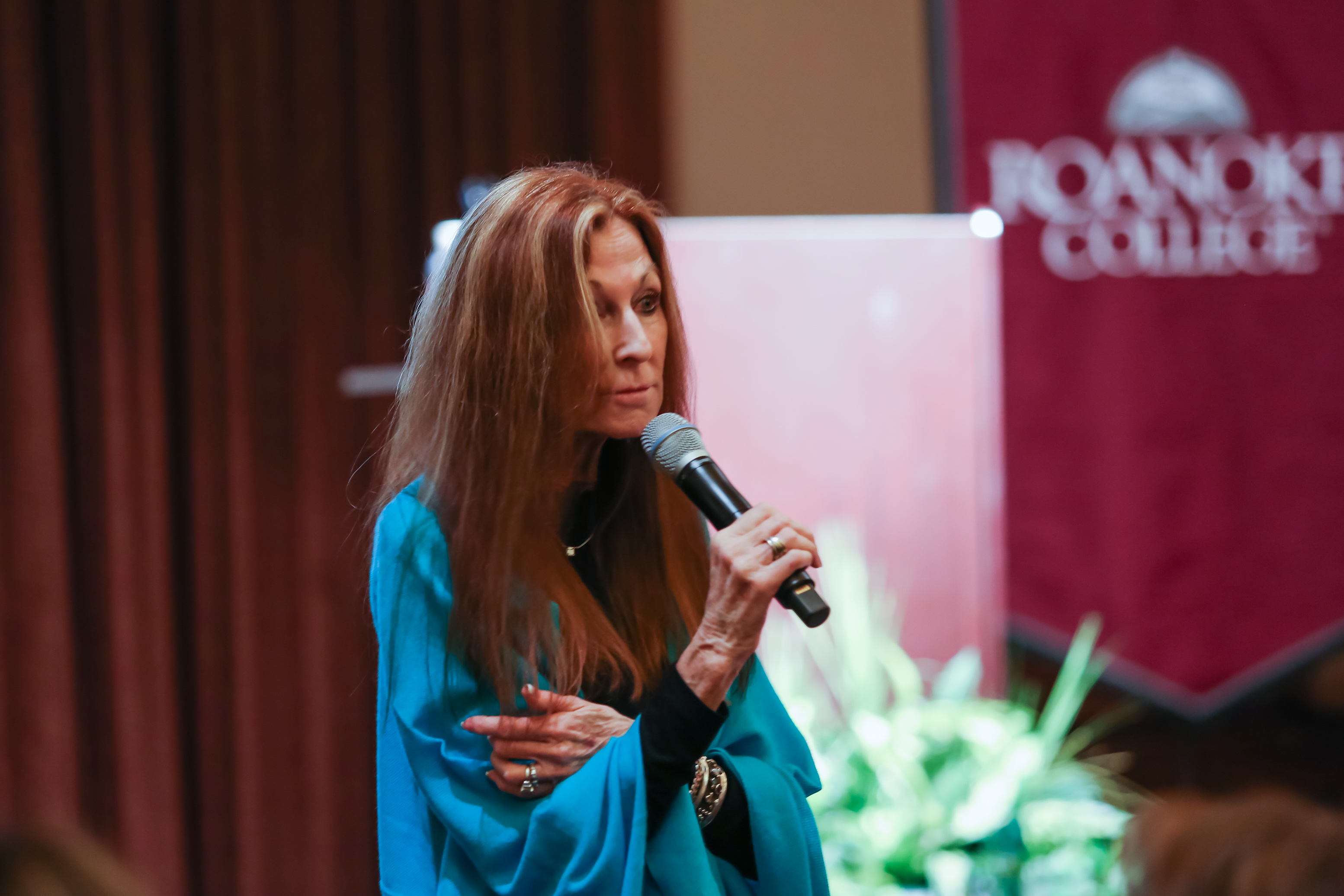
“Canes of Power”
A Presentation of Silver Bullet Productions
in association with Lightningwood Pictures
Produced by Pamela A. Pierce, Nick Durrie
Narration by Wes Studi
Written by Maura Studi
Associate Producers Matthew J. Martinez and Conroy Chino
Director of Photography/Editor David Aubrey
Major Funding Provided by:

©2012 Silver Bullet Productions
All Rights Reserved
In 1864, President Abraham Lincoln recognized Pueblo independence by bestowing an ornamental, silver tipped cane to each Pueblo Nation. From more than 500 Indian nations in the United States, only New Mexico’s 19 Pueblos received these symbolic gifts of sovereign status.
Why? What was the motivation of this American President, fighting a War between States, a stranger to the Southwest and its people?
The Lincoln Canes documentary, “Canes of Power,” and the related educational program, provide the vehicle for Pueblo people to tell the story of the Canes, and the struggle for sovereignty, upon which cultural survival depends.
“Canes of Power” is told through historical narrative, interviews, video images of Pueblo communities, and photographic or oral histories of cultural and political events.
“Canes of Power” Won a Cultural Documentary Regional Emmy®, October 2013
On October 19, 2013, the Rocky Mountain Chapter of the National Academy of Television Arts and Sciences awarded Silver Bullet Productions with an Emmy® in the Cultural Documentary category.
“Canes of Power” Won The Accolade Award of Excellence, March 2013
Silver Bullet Productions won a prestigious Award of Excellence from The Accolade Global Film Competition in March 2013 for the fascinating feature documentary “Canes of Power.”
Screenings at Roanoke College, March 2017
Pam Pierce, CEO and Producer, visited her Alma Mater, Roanoke College in Virginia, to screen SBP’s films Canes of Power and A Thousand Voices. Pam was the Keynote Speaker for the Women’s Forum at Roanoke. In addition to working with students, Pam was honored to meet with Asst. Chief Brad Brown and Kathleen Brown of the recent Federally recognized Pamunkey Tribe of Virginia.
The best part of the week was time with college friends, and talented students and faculty.
Santa Fe Film Festival, December 2012
The Santa Fe Film Festival screened “Canes of Power” on December 8 at the New Mexico History Museum Theater.
Broadcast by PBS/KNME on November 8, 2012
PBS/KNME broadcast “Canes of Power” in their three state viewer area (New Mexico, Arizona and Colorado), on November 8, 2012.
Screened by the Museum of Indian Arts and Culture, November 2012
In celebration of Native American Heritage Month, the Museum of Indian Arts and Culture (MIAC) presented a screening of Silver Bullet Productions’ “Canes of Power” including a panel discussion on November 4 and 7, 2012.
Screened by the National Museum of the American Indian, September 2012
On September 8 “Canes of Power” was screened by the Smithsonian Institution’s National Museum of the American Indian in Washington, DC. Seven of New Mexico’s Pueblo Governors and as well as other tribal leaders joined SBP’s production team, Wes and Maura Studi, Senator Tom Udall and Jill Cooper Udall, as well as Washington members of agencies, foundations, educators and filmmakers, for a celebration of the message from Silver Bullet’s new film “Canes of Power.” A reception on the 4th floor of the beautiful National Museum of the American Indian (NMAI) was sponsored by Global Center for Cultural Entrepreneurship, The Dan and Ashlyn Perry Charitable Foundation, and Silver Bullet Productions.
The screening of the film at the Museum theatre met with enthusiastic support. A panel discussion focused on the need for more education projects like the Canes and the important issues of sovereignty.
We thank the generosity of our co-sponsors, and the gracious support of the Smithsonian NMAI. We acknowledge the special guests of the evening Governor Shije (Pueblo of Zia), Governor Rivera (Pueblo of Pojoaque), Governor Vicente (Pueblo of Acoma), Governor Quintana (Pueblo de Cochiti), Governor Lovato (Ohkay Owingeh), Governor Perez (Pueblo of Nambe), Governor Quintana (Pueblo of Santo Domingo), Lt. Governor Pecos (Cochiti), Lt. Governor Aquino, and tribal leader Peter Pino (Zia).
Screened during SWAIA’s Indian Market, August 2012
Southwest Association for Indian Arts (SWAIA) held a screening of “Canes of Power” during Indian Market on August 15, 2012 at the New Mexico History Museum.
First Screening of “Canes of Power” at Institute of American Indian Arts, March 2012
Silver Bullet Productions and the Institute of American Indian Arts (IAIA) were proud to host the premiere of “Canes of Power” on April 11, 2012 at the IAIA Theatre. It was a “standing room only” event!
“Canes of Power” is a beautifully filmed documentary that tells the story of Pueblo sovereignty along the Rio Grande. It is at once a fascinating history lesson and a passionate argument for Native Americans’ control over their own destiny. The many Pueblo voices who speak here are dignified, resolute, very sharp, and also compassionate. The canes of authority, which passed from one sovereign nation to others in New Mexico under Spanish conquest, then Mexican takeover, and finally during the American invasion, are symbolic of a people’s resolve to abide on their own terms in their own country.
The film provides a unique insight into Abraham Lincoln, the Civil War, and into the personality of the Pueblo tribes who have steadfastly, over centuries, negotiated their freedom and sovereignty with different invaders. Modern issues of Pueblo governing and cultural change are also addressed at length.
“Canes of Power” is an eye opener, a valuable instruction, and a moving portrait of a people and of their remarkable homelands. A must-see for every student of New Mexico history, and for anyone seeking to learn how we all should deal with the planet we live on if we wish to salvage a positive future.
It is really a clean and powerful and instructive work of art.
You and your team have made a beautiful, beautiful film. I can’t believe it but I actually got very emotional to the point of tears watching the Governors talk about the importance of the canes and their fears about the future of their traditions and the battles they must constantly fight to maintain their sovereignty. And you can imagine the pride I felt when my great grandfather, Dr. Michael Steck, was mentioned. Dr. Steck was a man of great integrity and the Indians loved him. I worry myself that the young people will not feel the same spiritual connection with the canes, but I can see that every effort is being made within the Pueblos to try to instill those values in the children.
I believe that your film has captured the “other side of the story” for us. We grew up knowing about the work that Dr. Steck did, but until I saw your film, I was never aware of impact of those canes have had on the lives of the Pueblo Indians. Just to hear them express their feelings and loyalties to the canes and what they represent is mesmerizing to watch. The story is wonderfully narrated by Mr. Studi… all of the history put everything in perspective. And I have to comment on the cinematography… it is stunning! This is the first view I have had of the land, the people and the Pueblos themselves, and the photography is just spectacular.
Thank you again for an amazing look at a piece of history that our ancestor was right in the middle of! How inspiring for our family!





